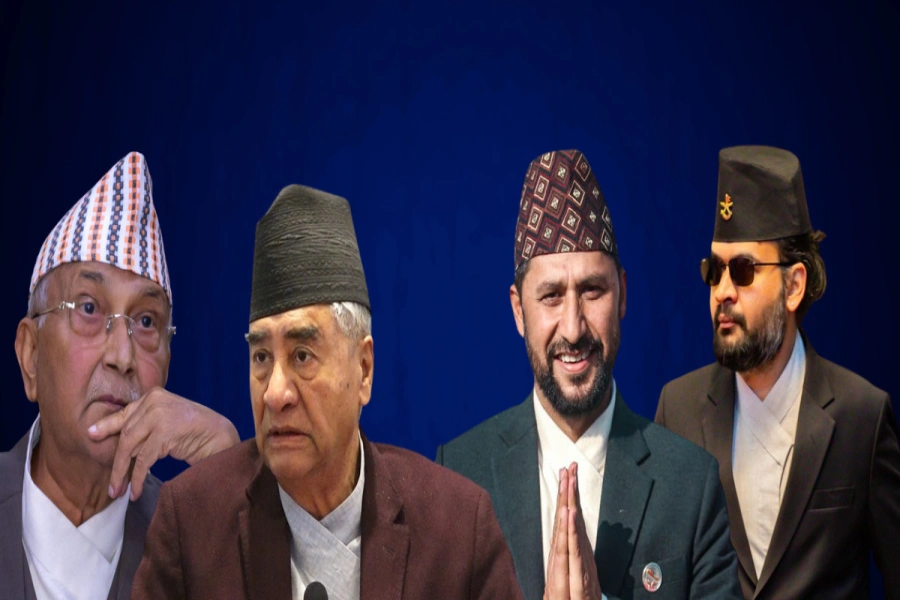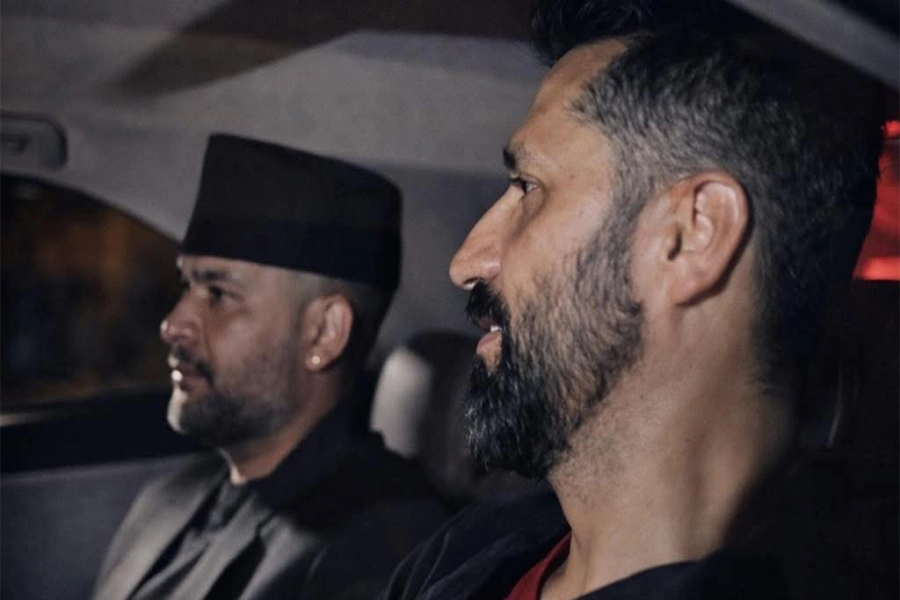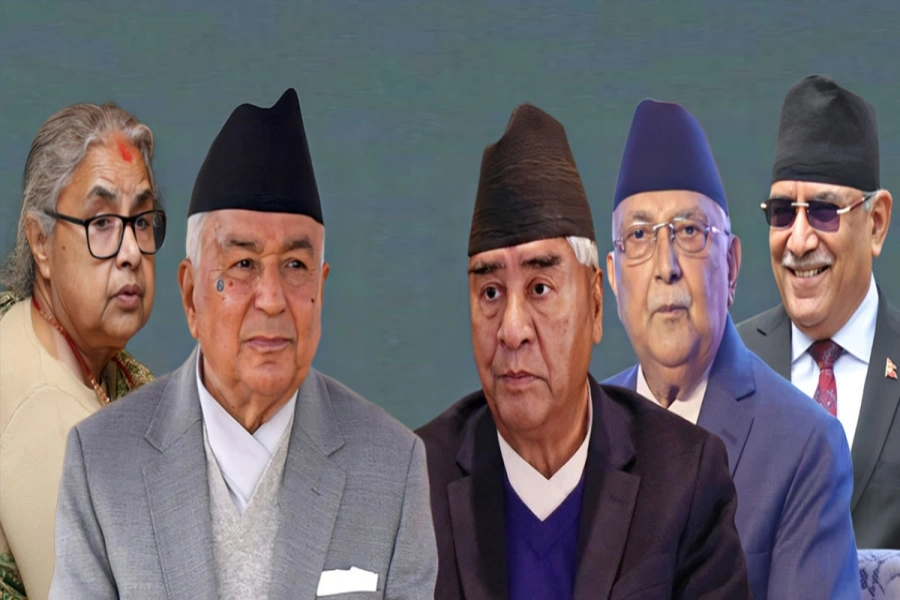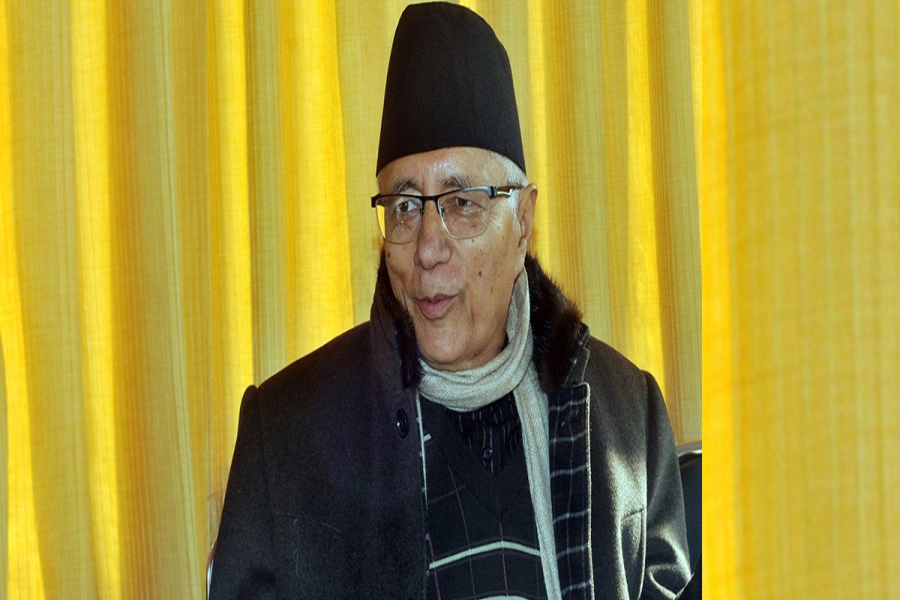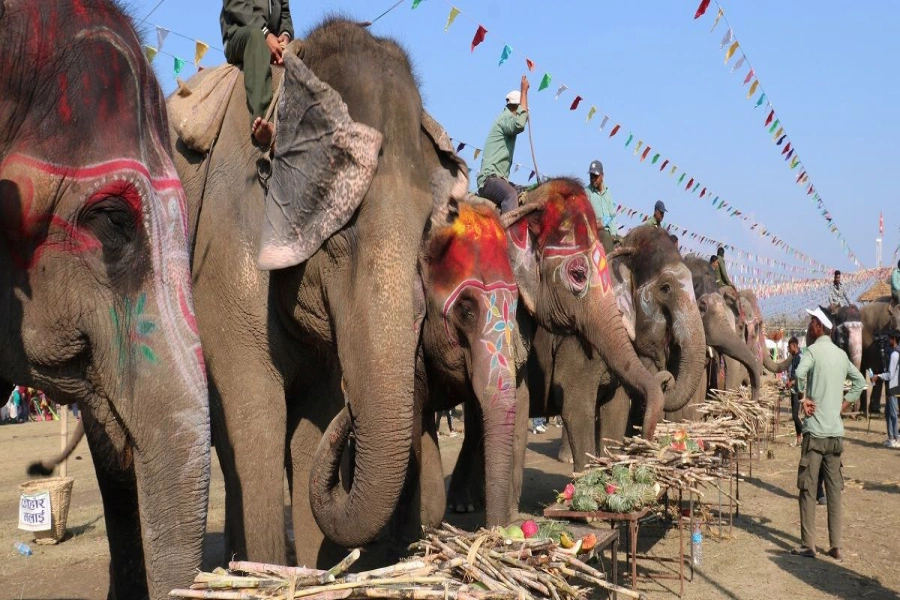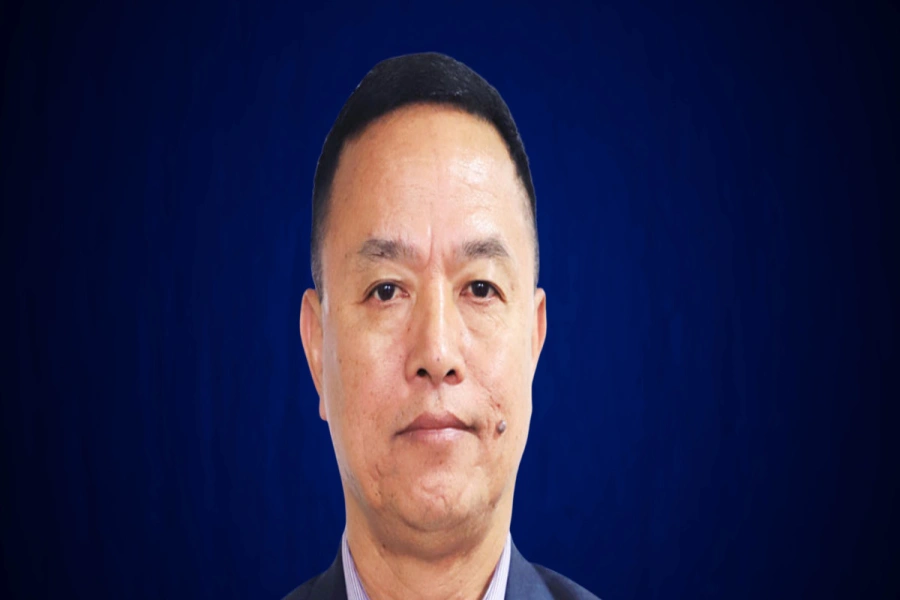KATHMANDU, Feb 11: Rights bodies and conflict victims have urged the government to begin consultations on transitional justice-related law and appoint competent professionals to fill the leadership void in Transitional Justice bodies without further delay.
The government on Wednesday extended the terms of the TJ bodies—Truth and Reconciliation Commission and Commission of Investigation on Enforced Disappeared Persons— by another year, and asked the incumbent commission members to continue in office until mid-April. The government wants to finalize the TJ-related laws and reshuffle the existing commissions by that date.
Miffed by lack of cooperation from the government on the legal and administrative fronts, TRC head Surya Kiran Gurung and member Lila Udasi tendered their resignations last week. The two have reportedly stopped coming to office since submitting their resignations to TRC seniormost member Shree Krishna Subedi a few days before the expiry of their terms on February 9.
The CIAA has failed us

The leadership void has caused confusion at the TRC, which has received more than 63,000 complaints about conflict-era cases. “While picking commissioners the government should appoint those committed to the rights of conflict victims, human rights, international humanitarian law, and who are ethical, honest and mentally and physically sound, instead of sharing the seats among the political parties,” the Conflict Victims National Alliance Nepal stated in a press statement issued Monday.
The alliance has opposed the idea of nominating conflict victims to the TJ bodies although it expressed its commitment to participating in legal consultations while finalizing TJ related law. They argued that once conflict victims are nominated to such bodies, the perpetrators also will claim seats on the same bodies and that will ultimately weaken the overall TJ process. An amendment bill for replacing existing law is now under consultation among stakeholders.
Likewise, various international organizations working in the field of human rights, such as the International Commission of Jurists, Amnesty International and TRIAL Internationa, have called on the government to commit itself to a transparent and consultative transitional justice process that is in line with international law and the relevant judgments of the Supreme Court.“A further one-year extension will be meaningless if measures are not taken to secure the independence and impartiality of the commissions,” said Frederick Rawski, ICJ Asia Pacific Director, in a statement jointly issued by the aforementioned three international organizations.
“This can only be achieved through a transparent selection process driven by a genuine will to combat impunity - not just for conflict victims, but for future generations.”
The three organizations reiterated their view that the process to date has failed to deliver justice, truth or reparation for victims of crimes under international law and gross human rights violations, or to establish laws and institutional safeguards to ensure that such crimes are never repeated. The organizations underscored the need for independent, competent and impartial commissions, compliance with international law, and the meaningful participation of conflict victims, civil society and the National Human Rights Commission in the design and implementation of the process.
They have expressed disappointment with the government for its failure to address substantive legal concerns raised repeatedly in the past by victims, civil society and the international human rights community. The government has not given any clear indication if or how these concerns will be addressed, reads the statement.
"The independence of the Commissions, together with a legal framework in accordance with international law, will make or break the success of the commitment to guarantee justice, truth and reparation," said Biraj Patnaik, South Asia Director of Amnesty International. "The process for appointing new commissioners must be transparent and open to public scrutiny. Victims and civil society must have a robust opportunity to propose and vet candidates."



